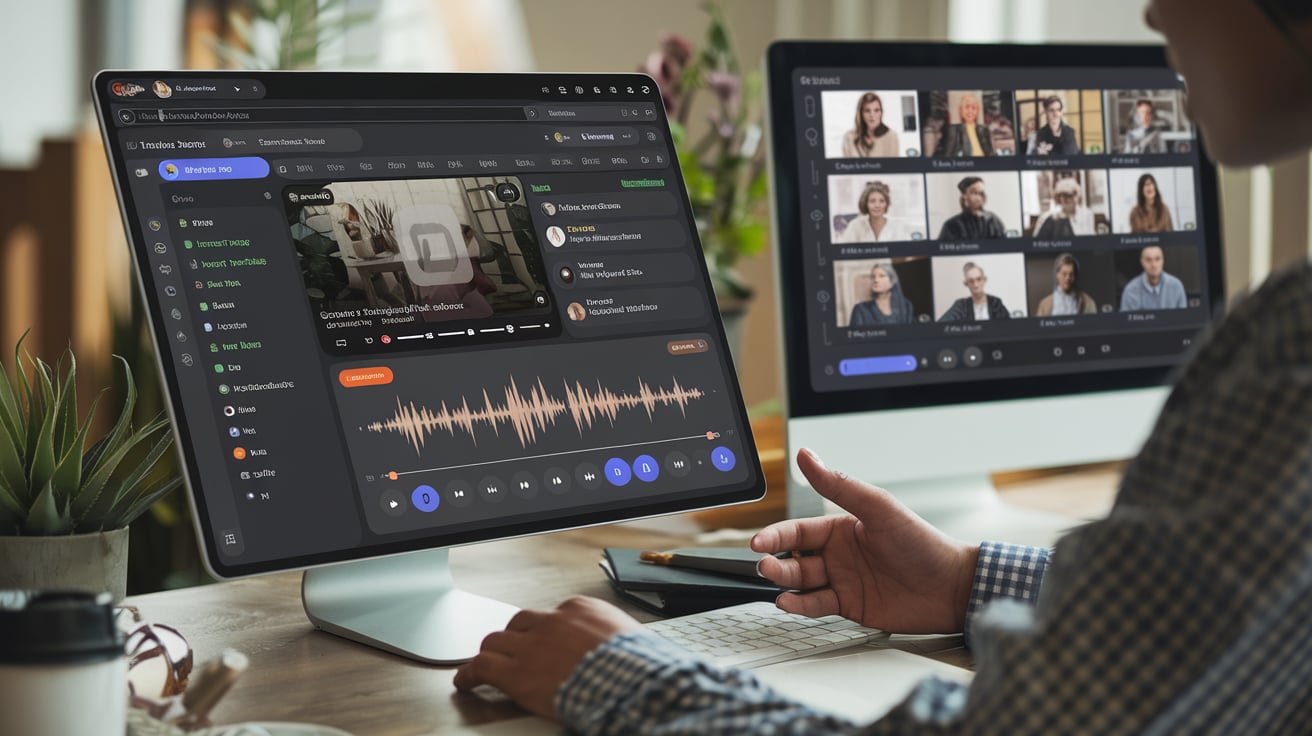
On Thursday, Google announced exciting updates to its AI-powered note-taking and research assistant, NotebookLM, enhancing its capabilities to accommodate a broader range of user needs. This fall, users can now generate summaries from YouTube videos and audio files, as well as create shareable AI-generated audio discussions. NotebookLM was initially launched during the I/O developer conference last year and has expanded to markets such as India and the U.K., now accessible in more than 200 countries since its public release in the U.S.
Originally catering primarily to educators and learners, NotebookLM is witnessing a shift in its user demographics, with business professionals increasingly adopting the tool. Raiza Martin, Senior Product Manager for AI at Google Labs, shared in an exclusive interview that the current user base is evenly divided, with half consisting of educators and learners and the other half being workplace professionals.
“People are now sharing notebooks, creating a network effect,” Martin told TechCrunch, prompting the NotebookLM team to roll out new features aimed at enhancing its appeal across diverse user groups.
Earlier this month, NotebookLM introduced an Audio Overview feature, enabling users to transform their documents into engaging audio discussions. The latest update allows users to share these generated Audio Overviews via a public URL, making it easy to distribute insights. By clicking the share icon on the Audio Overview, users can obtain a URL to copy and share.
Professionals have been utilizing NotebookLM to upload web pages, resumes, and presentations, generating Audio Overviews to share with colleagues or clients.
Additionally, NotebookLM has expanded its support to include YouTube videos and audio files (such as .mp3 and .wav), alongside existing support for Google Docs, PDFs, text files, Google Slides, and web pages. These enhancements enable users to summarize key points from videos and derive insights from audio recordings related to their studies or projects.
With a small team at Google Labs, each new feature for NotebookLM is guided by user feedback, powered by the company’s multimodal large language model, Gemini 1.5 Pro. Martin noted the rapidly changing landscape of AI tools, stating, “What might have been useful last year might not be useful this year.”
In June, Google broadened NotebookLM’s accessibility to over 200 countries, with Japan emerging as a significant market alongside the U.S. Users in Japan often interact with documents in English, querying in their native language, showcasing the tool’s versatility.
Importantly, Google assures that the information users upload to NotebookLM remains private and is not utilized to train AI models. Users must be at least 18 years old to access the tool.
Despite its advantages, NotebookLM faces inherent challenges common to AI tools. Martin highlighted concerns that users might become overly reliant on the tool, potentially diminishing their reading habits for long-form content and research papers, leading to oversimplification.
To mitigate these risks, NotebookLM provides clickable citations from uploaded content, encouraging users to engage with the original materials. “We try to encourage you to read your original text and double-check all the answers that come out of NotebookLM,” Martin emphasized. “It’s always up to you to choose between summaries and the full text.”
Currently available only on the web, NotebookLM’s mobile applications are expected to launch next year. The team is focused on adding new features, particularly enhancing input options and expanding sources for output, ensuring continued growth and user satisfaction.